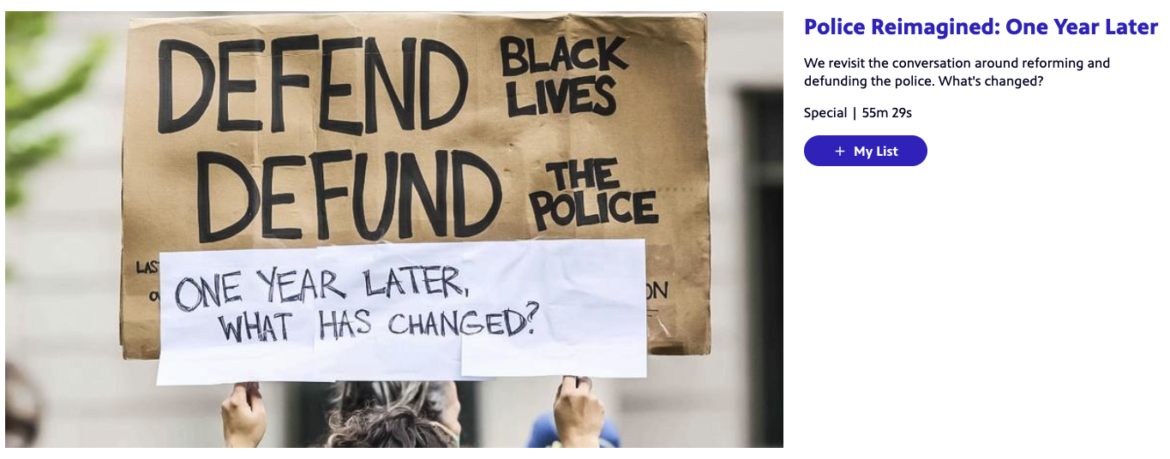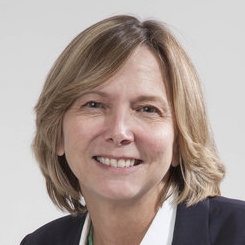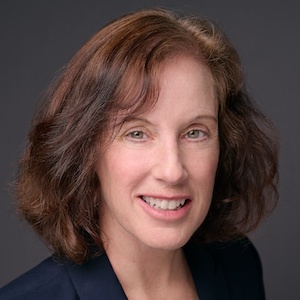Police Reimagined: The Future of Public Safety (A Community Conversation Series)

After the deaths of George Floyd, Breonna Taylor, Ahmaud Arbery and many others, we witnessed the protests that took place in the aftermath in our city. WHYY covered the protest and social justice issues through our news and civic dialogue teams on our radio and online platforms.
Nationally, PBS also began re-offering relevant social justice programs into the system, like “Policing the Police” and “The Talk.” To add to the National footprint, WHYY felt it was essential to open the dialogue, provide a safe community platform and engage and amplify the voices of our communities struggling through this pandemic, protest, and police brutality.
Within a week, a collaboration between WHYY’s TV and News and Civic Dialogue departments created a four-part series entitled “Police Reimagined: The Future of Public Safety.” Each of the four episodes would feature a range of local voices.
The production team quickly got together to assess how we could produce a multi-panel series all from home, given COVID-19 production safety concerns which prevented us from allowing guests into WHYY. Using Zoom, Chris Norris secured 15 different guests for the series. Some of our guests were Reverend Mark Tyler from Mother Bethel AME, Chief Public Defender Keir Bradford Grey, Radio personality and Implicit bias trainer Andrea Lawful-Sanders, Philadelphia City Councilmember Isaiah Thomas, Philly for R.E.A.L Justice educator and organizer Megan Malachi and Philadelphia District Attorney Larry Krasner.
On Friday, June 12 we filmed our first episode, and on Wednesday, June 17, it aired on WHYY-TV-12, OnDemand at WHYY.org and was later broadcast as a radio program on 90.9 FM.
WURD, Pennsylvania’s only Black talk radio station, came aboard as our broadcast partner and posted each episode on their website, WURDRadio.com. In addition, every panelist used their social media platforms to promote their appearance on the series. Philly We Rise learned about the guests on one of our episodes and promoted the broadcast to its over 11,000 followers. Midway through the series roll-out, we held an online engagement event so viewers could ask panelists questions in real-time and respond to what they had heard in the four-part series.




